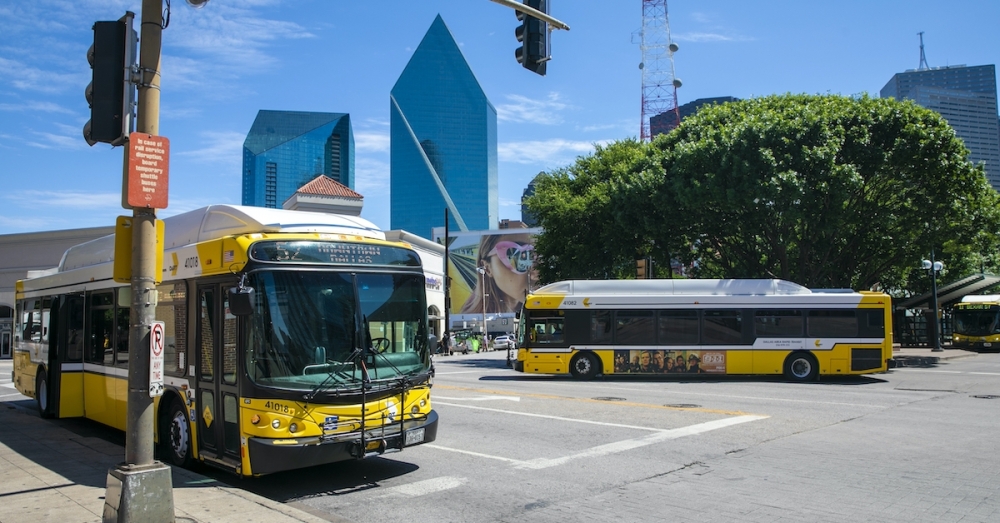SoftBank’s $100 Billion Power Play: A Closer Look
Japanese tech conglomerate Softbank Corp. pledges makes massive pledge to invest in U.S. economy, cozying up to Donald Trump.

SoftBank Group Corp., the Japanese tech conglomerate behind Alibaba and WeWork, has announced a bold new investment plan for the United States, pledging a staggering $100 billion over the next decade. The plan is being touted an initiative that will create a substantial number of jobs, potentially reaching 100,000. This latest move by SoftBank comes as a significant escalation of its previous commitment to the U.S. economy.
Still, some worry that Masayoshi Son’s commitment may be more bark than bite, though. In 2016, just before President Donald Trump’s first-term inauguration, the company pledged a $50 billion investment, which, while substantial, has not materialized into the projected 50,000 jobs.
An AI Supercharge?
During a press conference to announce the investment, held at Mar-a-lago, Trump and Son boasted that the investment would expand the U.S.’s AI capabilities. This is, in essence, on brand for SoftBank’s investment portfolio, a diverse mix encompassing various sectors, including technology, telecommunications, and finance. Given the company’s interest in cutting-edge technologies, it’s likely that a significant portion of the $100 billion will be directed towards AI, defense, and space exploration.
- AI: SoftBank has already made substantial investments in AI-driven companies. This new influx of capital could accelerate the development of advanced AI technologies and their applications in various industries.
- Defense: The company has shown interest in defense-related technologies, particularly those with potential for dual-use applications.
- Space Exploration: SoftBank has invested in space exploration companies, and this new funding could further propel advancements in this field.
There are a couple additional issues with the $100 billion promise, though. First, Softbank doesn’t seem to have the capital to cut the deal. Their current investment portfolio sits at $136 billion, meaning that a $100 billion investment to the U.S. economy would mean either excessive expansion of their portfolio or a major restructure. Next, if it is Trump, Son, and Softbank’s plan to invest in AI, it’ll be difficult to deliver 100,000 jobs. The average AI start up has 785 employees, with one of the largest, OpenAI, employing just 1,372 people. To hit 100,000 jobs, Softbank would need to ensure the creation of at least 73 OpenAI sized companies.
A Strategic Play or a Calculated Risk?
While SoftBank’s stated goal is to stimulate economic growth and job creation, there’s good reason for speculation that the timing of this announcement may be strategically significant. President-elect Donald Trump has been threatening to impose tariffs on goods imported from foreign countries, which could significantly impact Softbank’s interest and bottom line. By increasing its investment in the U.S., Son may be positioning the interest that Softbank holds to mitigate potential risks associated with these tariffs.
Then there is the standing relationship between the United States and Japan, which Son could be attempting to position himself as a liaison for. The two countries currently share a strong and enduring alliance, rooted in shared security interests and economic interdependence. The cornerstone of this relationship is the U.S.-Japan Security Treaty, which provides for American security guarantees to Japan. This alliance is crucial for maintaining stability in the Indo-Pacific region, particularly amid rising tensions with China. Both countries collaborate closely on defense, economic, and technological issues, with Japan playing an increasingly important role in regional security. Given the close defense ties between the US and Japan, investments in US companies involved in AI-driven defense technologies could indirectly benefit Japan’s and potentially Softbank’s own defense capabilities.
However, the ultimate impact of SoftBank’s investment will depend on a variety of factors, including economic conditions, technological advancements, and geopolitical events. While the company’s ambition is commendable, it remains to be seen whether this ambitious plan will deliver on its promises and shape the future of technology and industry.








